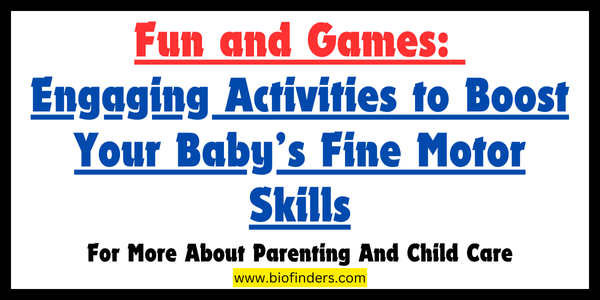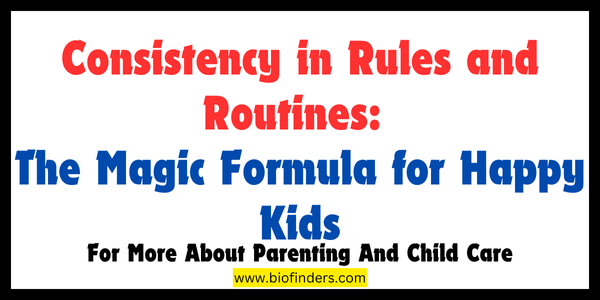As parents, we witness their first grasp to those wobbly first steps, every new fine motor skill and gross motor skills fills us with pride. But there’s a whole world of development happening beneath the surface, particularly in those tiny fingers. Fine motor skills, encompassing grasp, coordination, and dexterity, are crucial for everyday tasks like dressing, eating, and writing later on.
The good news? Fostering these skills doesn’t have to be a chore. In fact, it can be a delightful journey filled with laughter, exploration, and sensory play. Here, we’ll delve into a treasure trove of engaging activities, categorized by your baby’s age group, to keep them entertained while nurturing their fine motor development.
Building the Foundation for fine motor skills: Activities for Babies Under 6 Months
To develop motor skills: Tactile Treasure Hunt: Even newborns benefit from exploring textures. Create a sensory bin by filling a container with safe, soft items like crinkly paper, fabric scraps, and washcloths. Let your little one reach in and grasp different textures, stimulating their sense of touch and encouraging their palmar reflex (grasping instinct).
To develop motor skills: Rattle and Reach: Stimulate grasping by offering colorful rattles with various shapes and textures. Encourage them to reach for and hold the rattle, strengthening their hand and finger muscles. Consider homemade options like crinkly paper balls tied with ribbon.
To develop motor skills: Mirror, Mirror on the Wall: Babies are fascinated by their reflections. Place a large, unbreakable mirror at an appropriate height for tummy time. As they reach and touch the mirror, they’ll be practicing hand-eye coordination and grasping skills.
Grasping Greatness: Activities for Babies 6-12 Months
Teether Time: Teethers are not just for soothing sore gums. Choose teethers with different shapes and textures to encourage exploration and strengthen those little chompers, which are crucial for future fine motor skills.
Treasure Basket: Fill a basket with safe, everyday objects of various sizes and textures like colorful spoons, plastic cups, wooden blocks, and large buttons. This open-ended play allows babies to explore grasping, transferring objects, and manipulating textures.
Transfer Play: Babies love to fill and dump! Provide them with safe containers of different sizes and textures like plastic bowls, cups, and even empty tissue boxes. Offer colorful pom-poms, cereal puffs (check for choking hazards), or crinkled paper strips, and watch them happily transfer them from one container to another, strengthening their pincer grasp.
Peek-a-Boo with Purpose: This classic game isn’t just for giggles. Place a thin blanket or piece of fabric over a toy and encourage your baby to pull it away to “find” the object. This simple activity strengthens their grasping and pulling skills.
Pincer Power: Activities for Babies 12-18 Months
Stacking Spree: Stacking toys are a timeless favorite for a reason. Choose brightly colored, easy-to-grab stacking cups or blocks. Start by demonstrating how to stack and encourage your little one to imitate you. This activity promotes hand-eye coordination, grasping, and problem-solving skills.
Play-Doh Fun: Play-doh is a fantastic sensory and fine motor tool. Engage your baby by shaping play-doh into balls, snakes, or even simple shapes. Encourage them to poke holes, flatten the dough, and explore different textures, all while strengthening their finger muscles and hand-eye coordination.
Threading Challenge: String large, colorful beads onto a shoelace or pipe cleaner. Let your baby practice grasping and pushing the beads along the string, developing their pincer grasp and finger dexterity.
Finger Painting Frenzy: Finger painting isn’t just about artistic expression (though that’s a bonus!). It’s a fantastic way to explore textures and colors while strengthening hand and finger muscles. Opt for washable paints and a smooth surface like a plastic sheet or tray. Let your little one explore smearing, dabbing, and making imprints with their fingers.
Beyond the Basics: Activities for Toddlers 18 Months and Up
Zipper and Button Bonanza: As toddlers gain independence, they become eager to dress themselves. Provide clothes with large, easy-to-grasp zippers and buttons. Practice zipping and buttoning together, turning a daily routine into a fun learning experience that strengthens their finger dexterity and problem-solving skills.
Pouring Play: Fill a pitcher with water and provide empty containers of different sizes. Let your baby experiment with pouring water from one container to another. This activity fosters hand-eye coordination, fine motor control, and promotes understanding of cause and effect.
Tongs Time: Introduce plastic tongs and encourage your toddler to pick up small objects like cereal puffs, pom-poms, or dried beans






Leave a Reply